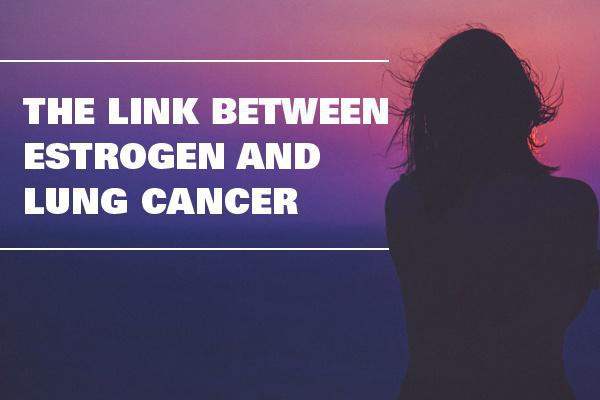There are some unusual and interesting differences between men and women when it comes to the phenomenon of lung cancer. Not that cancer is interesting. It’s not. It’s disconcerting, to say the least. What we’re talking about are some thought-provoking differences between men and women when it comes to the rate of lung cancer and to the mechanism of how it develops, that are forcing the medical/cancer research community to reach some important conclusions about women and lung cancer treatment. Here are some important differences between men and women when it comes to lung cancer:
- The rate of lung cancer among women who have never smoked is growing (15% – 20%), while the incidence of lung cancer among men who’ve never smoked is declining (10%).
- The rate of lung cancer among women due to smoking is around one-half that of men.
- Receptors for the female sex hormone estrogen have been detected on lung tumors among women.
- Scientists studied populations of mice who underwent ovariectomies (surgical removal of ovaries). When treated with estradiol, they developed lung cancer; when treated with anti-estrogens, the process was reversed.
- There is a growing body of research evidence pointing to the conclusion that combination hormone replacement therapy (HRT) may slightly increase the risk of both getting, and dying, from lung cancer.
One of the critical, fundamental differences between men and women is the presence and relative prominence of hormones; namely, estrogen and progesterone. Researchers began to wonder about whether the role of hormones might be a critical factor behind these differences in rates of cancer. The research data collected so far indicate that lung cancer in women is, at least in part, driven or conditioned or affected by the presence of female hormones.
Hormone Replacement Therapy (HRT)
In a study of 16,000 women, the Women’s Health Initiative (WHT) found that women with non-small lung cancer who are under a combined hormone replacement therapy (HRT) regimen, i.e. taking combined estrogen and progestin, are approximately 59% more likely to die from the disease. This effect was limited only to women who already had non-small cell lung cancer; it did not apply to women who did not have lung cancer or who had small-cell lung cancer.
Conclusions
Clearly, these results are very significant and important for every woman to know who has lung cancer, who has a higher risk for lung cancer (e.g. due to smoking), or who is considering HRT. The decision regarding what course to follow should be undertaken in close, intimate conversation with one’s doctor(s). There is no single “right” course of action to take, because it depends on one’s overall health, the nature of the condition being faced, and the risks of going in one direction versus another. The decision, while ultimately yours, should be an informed one, and that requires a frank, detailed discussion with your health team members. Contact us today to set up an appointment.


